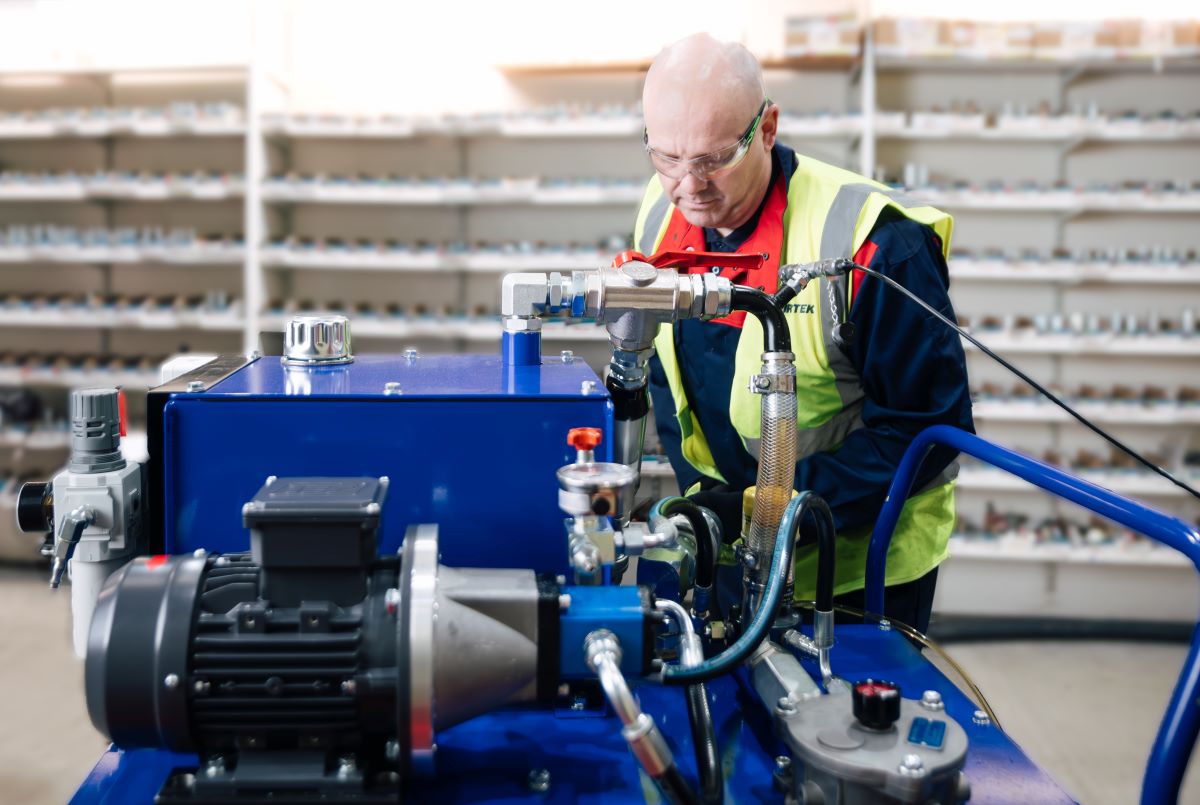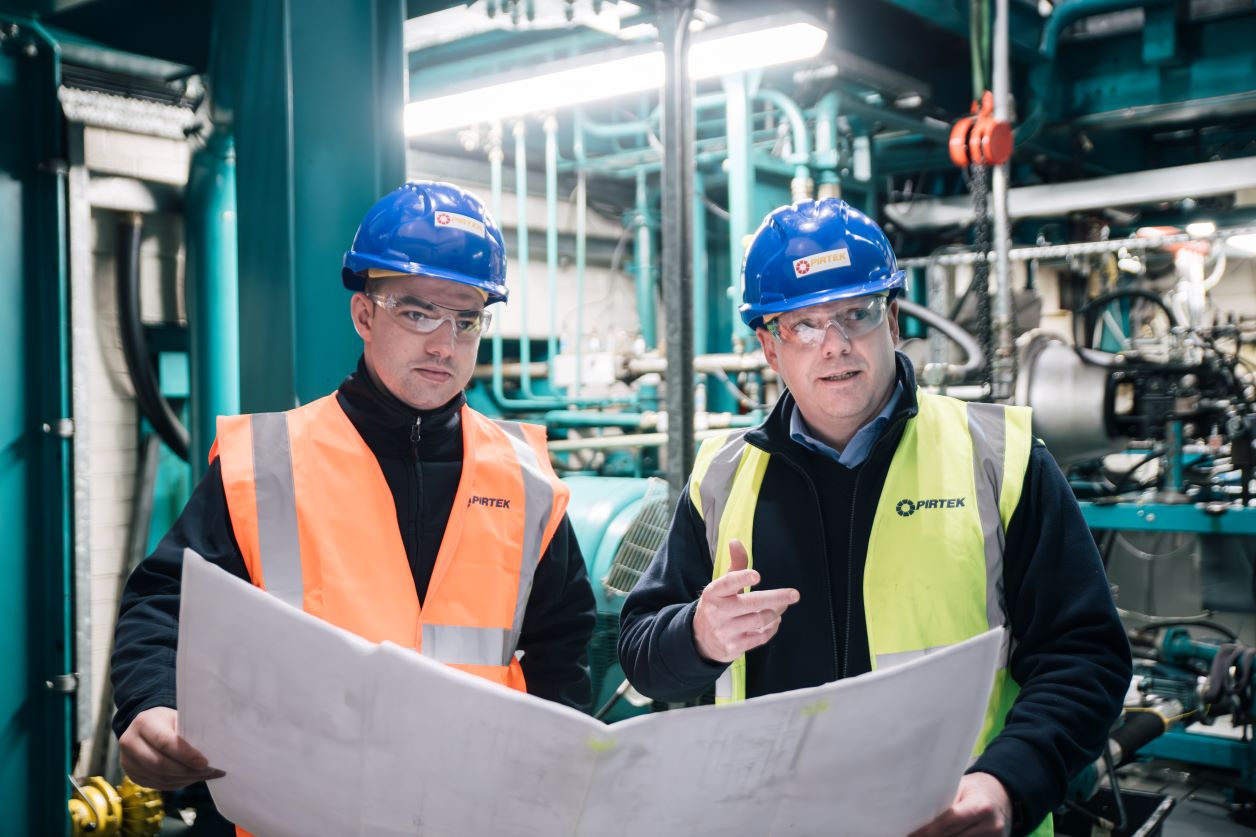Hydraulic technical engineering services play a pivotal role in various industries by providing expertise in the design, installation, maintenance, and optimization of hydraulic systems. These services are essential for ensuring the efficiency, reliability, and safety of hydraulic equipment in applications ranging from manufacturing and construction to aerospace and agriculture.

One of the key aspects of hydraulic technical engineering services is system design. Engineers in this field utilize their expertise to design hydraulic systems tailored to meet the specific requirements of a given application. This includes assessing factors such as load capacities, pressure ratings, environmental conditions, and operational parameters. The goal is to create a hydraulic system that maximizes performance, minimizes energy consumption, and meets safety standards.
Installation services involve the physical implementation of hydraulic systems based on the engineering design. This includes the proper placement of hydraulic components, such as pumps, valves, cylinders, and hoses, as well as the integration of control systems. Ensuring correct installation is crucial for preventing issues such as leaks, misalignments, or insufficient support, which could compromise the performance and safety of the hydraulic system.
Maintenance services are a vital component of hydraulic technical engineering, focusing on routine inspections, troubleshooting, and repairs. Maintenance activities include checking for signs of wear, leaks, or other issues that may impact the system’s efficiency. Technicians may also perform tasks such as fluid analysis, filter replacement, and component overhauls to keep the hydraulic system in optimal condition. Proactive maintenance helps prevent unexpected failures, reduces downtime, and extends the lifespan of hydraulic equipment.
Hydraulic technical engineering services often involve troubleshooting and diagnostics to identify and address issues within existing hydraulic systems. Whether it’s poor performance, erratic operation, or unexpected failures, engineers use their expertise to analyze the root cause of problems and implement effective solutions. This may involve redesigning certain components, adjusting settings, or recommending upgrades to enhance system performance.
Upgrades and retrofits are another area where hydraulic technical engineering services excel. As technology evolves, older hydraulic systems may benefit from updates to improve efficiency, safety, or compliance with industry standards. Engineers assess existing systems, identify areas for improvement, and recommend upgrades or retrofits that align with the client’s goals and budget.
Automation and control system integration are becoming increasingly important in hydraulic technical engineering services. Engineers work to integrate hydraulic systems with advanced control technologies, such as programmable logic controllers (PLCs) and sensors. This integration enhances precision, control, and monitoring capabilities, contributing to the overall efficiency and effectiveness of hydraulic equipment.
Environmental considerations are also addressed in hydraulic technical engineering services, with a focus on designing systems that minimize environmental impact. This includes the use of eco-friendly hydraulic fluids, energy-efficient components, and the implementation of technologies that reduce waste and emissions.
In conclusion, hydraulic technical engineering services are multifaceted, covering the entire lifecycle of hydraulic systems. From initial design and installation to ongoing maintenance, troubleshooting, and system upgrades, these services are essential for industries relying on hydraulic equipment. The expertise provided by hydraulic engineers ensures that hydraulic systems operate at their best, meeting performance standards, regulatory requirements, and the evolving needs of diverse applications.
View our full range of technical engineering services.






Select a country